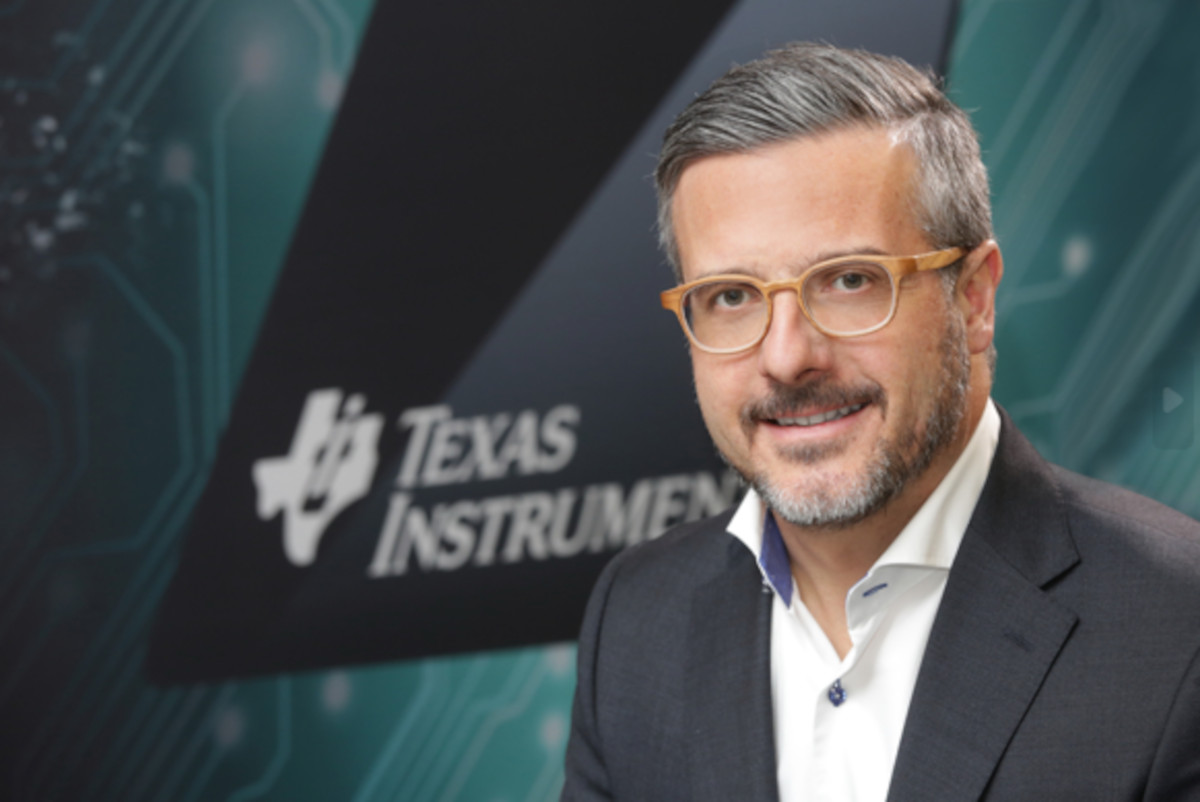As a leading company in the semiconductor industry, can you give us any insights to relevant trends in terms of investment or projects that are especially important?
Over the last years, particularly during the pandemic, our industry came much more into focus. Semiconductors, for a long time perceived as being commodities of little significance, have moved firmly under the spotlight of public and political attention as being the backbone of daily life. They have become central to geopolitical and geoeconomic strategies globally.
Microchips are found in every conceivable device: not only in computers and smartphones, but also in medical devices, cars, building automation, home appliances like refrigerators and many more. Neither our mobile networks nor our electrical grid would work without them, and global demand is only growing as the technology will play a pivotal role in digitization and the transition to green energy. This means that both the U.S. and Europe, including Germany, must rise to the challenge of remaining competitive and attractive regions for investment in their respective semiconductor industries over the next decade.
At Texas Instruments, we invest into R&D and manufacturing capacity, as we consider development of innovative products and producing them with our own manufacturing technology and capacity a core competitive advantage - it provides us with tangible benefits of greater control over our supply chain with geopolitically dependable capacity at competitive cost. The Semiconductor market is expected to grow dramatically over the next decade, with capacity increases required to support that growth. Texas Instruments currently drives investments both into front end and back end capacities at various locations.
What does this mean for your presence in Germany? How important is this for Texas Instruments?
Texas Instruments has been producing electronic components in Germany for over 55 years, including wafers since 1976. For decades, we have continuously invested in innovation at our EMEA headquarters in Freising, Germany. Freising is a lab to chip innovation hub and represents an important part of our global R&D and manufacturing network.
In recent years, we have concentrated a large number of our European activities in Freising. This includes manufacturing and design teams, but also our European research laboratory which we are particularly proud of. Named after former TIer Jack Kilby - the inventor of the integrated circuit and Nobel Prize laureate – Kilby Lab Freising plays a crucial role within TI's worldwide research activities, in which TI invests approximately 1.7 billion U.S. dollars annually. Kilby Lab Freising is home to out-of-the-box thinkers who drive innovation and push boundaries both internally and in collaboration with our customers in the region.
Germany is also important for TI with its strength in key growth markets Automotive and Industrial. The strong footprint of German based companies in these markets delivers outstanding business opportunities. Autonomous driving, vehicle electrification, factory automation, renewable energies are just a few examples where innovation will be fueled with semiconductors – our broad portfolio of over 80,000 products in Analog and Embedded Processing technologies is greatly matching with technology requirements to drive innovation and growth.
What topic do you see as a priority for the company and the industry?
Besides ensuring there will be sufficient chips available for upcoming future innovation and digital developments, when we look at how to maintain and strengthen our region’s competitiveness in a global context, collaboration between industry and academia is crucial. On the one hand, to drive research, but also to help solve one of the most urgent challenges facing our industry - the shortage of skilled workers. To this end, we work closely with various universities, especially in southern Germany. For example, as an industry partner, we support the Technical University of Munich’s Edu4Chip project, in which a new Master's program in chip design is being created in conjunction with existing practical and market knowledge in industry. However, it would be too short-sighted to meet the challenge only at the university level.
That is why it is essential to get children and young people interested in microelectronics and other STEM topics from an early age – especially girls and young women, which is a challenge for the whole electronics industry. We must meet this challenge if we want to become more attractive for young professionals and academics in the future - and we have to. It is precisely here that we should take advantage of the opportunities offered by international and trans-Atlantic cooperation. We will miss out on great talent if we can’t increase the ratio of females choosing these professional careers.
Texas Instruments is already doing a lot to give this issue the visibility it deserves. We invest heavily in helping to equip, empower and prepare future generations of innovators by supporting STEM education. We partner with universities, engineering educators, researchers and students worldwide, which includes teaching materials, research and teaching labs, design projects and course curricula. We support national and local STEM initiatives, like Girls’ Day or FabLab, a local makerspace, where people interested in STEM can create and build with support from engineering experts. And we proudly support initiatives like BayFiD (Bayerns Frauen in Digitalberufen), a program run by the Bavarian Digital Ministry, which supports young women between the ages of 18 and 30 to go into a digital career, as well as AmCham Female Founders Award.

